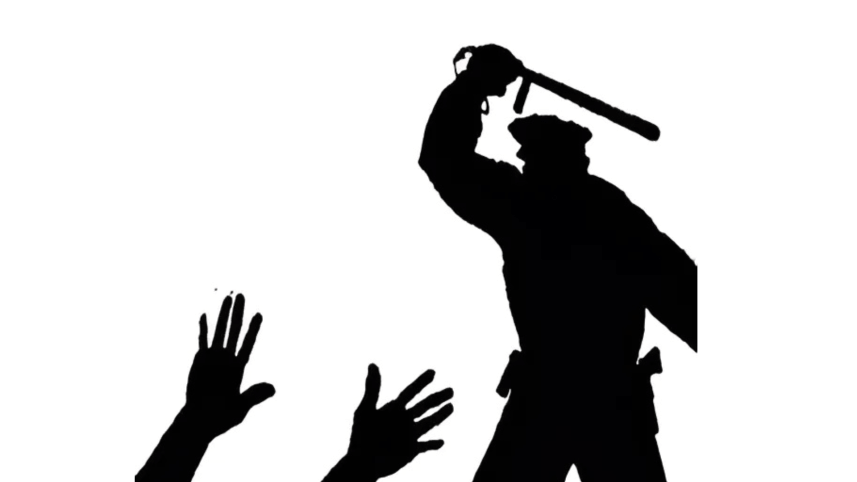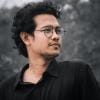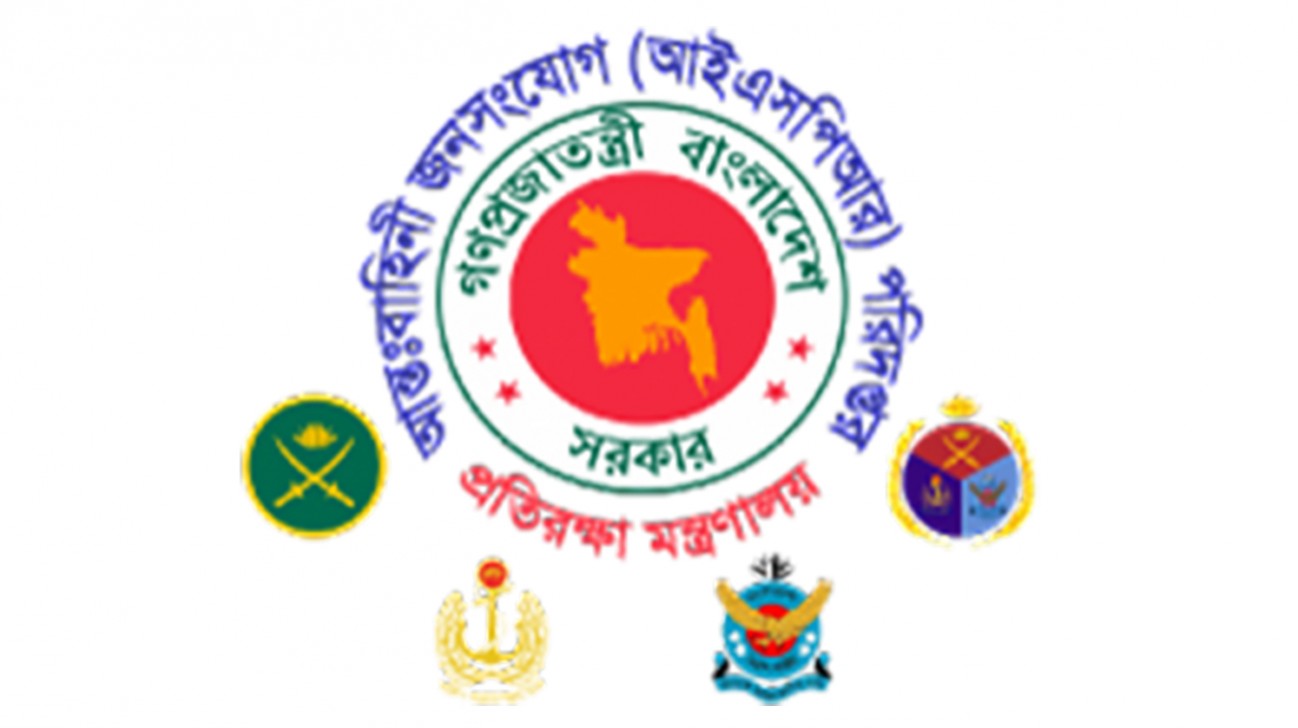How many more have to die in custody?

Another custodial death. Another family shattered, left to mourn a loved one who has become a grim statistic in Bangladesh's long history of extrajudicial killings.
Touhidul Islam, a 42-year-old Jubo Dal leader, was detained by joint forces in Cumilla on January 31, 2025. Hours later, his injured body, bearing clear signs of torture, was recovered from a riverbank. A father of four daughters, Touhidul had only come home for the last rites of his father who had passed away recently. But instead, the family is now left with grieve for the father, as well as his son.
This is not an isolated incident. This is how the system has always worked.
For years, extrajudicial killings have almost been a hallmark of the Bangladesh law enforcement practices and, as the last incident points out, continue to be so. Under the previous regime, opposition members and dissenters were routinely "picked up," their fates sealed in torture cells or staged "gunfights" where they would invariably find themselves in a crossfire and die.
In 2021, the US sanctioned the Rapid Action Battalion (RAB) for its role in these atrocities, while human rights organisations decried the situation as a full-blown crisis. Yet, the regime remained indifferent, and the cycle of violence continued.
The July uprising of 2024, which deposed former prime minister Sheikh Hasina to usher in the incumbent interim government led by Dr Muhammad Yunus, promised a new era of accountability. This interim government promised to break free from the legacy of state-sponsored terror with commissions to investigate enforced disappearances, reform the judiciary and overhaul law enforcement. The message was clear -- Bangladesh would no longer tolerate a system where law enforcers acted as judge, jury and executioner.
But now, months into this supposed era of reform, we are confronted with another body, bruised and battered, bearing telltale signs of torture. We don't know, who authorised Touhidul's arrest? Why was he picked up? Why was he tortured? What role did the security forces play? If the system was meant to change, why are we still counting the bodies?
The joint forces -- comprising police, RAB, border guards, and military personnel -- have yet to provide a credible explanation for how a man taken from his home ended up dead. The police's official statement that they "found an injured man" and took him to the hospital is not only inadequate but also insulting to human intelligence. The post-mortem report reveals trauma on his abdomen, thighs, arms, and even his big toe. This was no accident. This was torture. This was murder.
In an official response, government forces confirmed that Touhidul was detained during a joint forces operation and died in custody. Authorities described the incident as "unfortunate" and announced the immediate removal of the camp commander, along with the formation of an investigation committee. They pledged that those responsible would face justice.
That there has been a response is in itself an improvement the previous regime rarely acknowledged such deaths. However, that is far from sufficient. What purpose do commissions on enforced disappearances serve if new cases of state violence continue to emerge? What is the value of judicial reforms if the law remains weaponised against ordinary citizens? How can the government claim to be different if it permits the same crimes to occur under its watch?
We at least know who detained Touhidul Islam and under whose watch he was tortured. It was the government forces -- the very entities entrusted with upholding the law -- that are responsible for his death.
The incumbent is at a critical crossroads where it must demonstrate an unwavering commitment to dismantling the culture of state-sponsored violence, or risk being seen as just another administration that can't walk the talk.




 For all latest news, follow The Daily Star's Google News channel.
For all latest news, follow The Daily Star's Google News channel. 
Comments